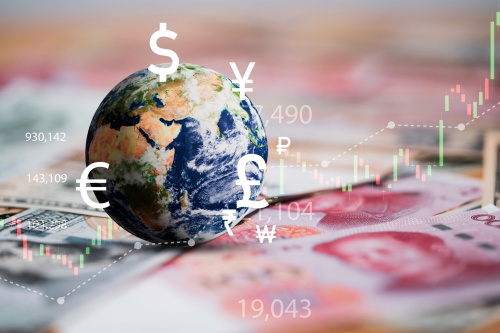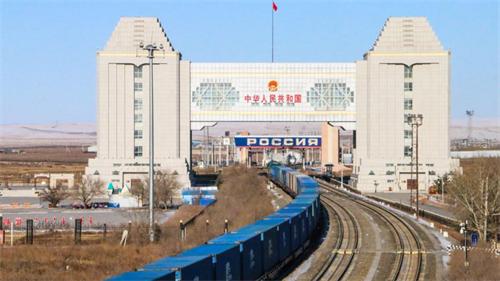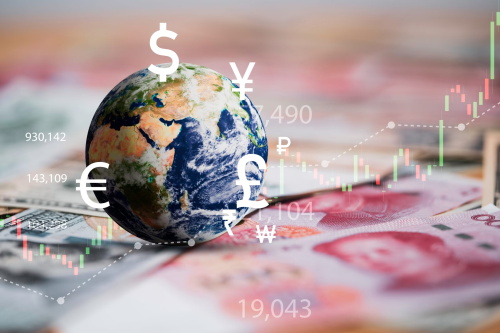Why Minimum Wage Is a Global Debate—and What It Means for You

When we talk about the “minimum wage,” many might assume it's a common-sense policy: if you work, you deserve at least enough income to live on. But reality is far more complex. This system, seemingly designed to “protect workers,” has sparked ongoing debates around the world.
The Original Purpose: A Safety Net for Basic Living
At its core, the minimum wage is meant to provide a safety net—ensuring that every worker earns at least a minimum income. It's a way to prevent those engaged in low-skilled, low-efficiency, or temporary work from being completely exploited by capital forces. In today's era of gig work and outsourcing, the importance of minimum wage policies is more pronounced than ever.
It's not just a matter of individual survival—it affects broader social stability. A cross-country study found that nations with a minimum wage system tend to have lower crime rates, suggesting that when people's basic needs are met, social tensions and dissatisfaction decline.
A Global Puzzle: Why Is One Standard So Hard to Set?
Still, setting a minimum wage is never simple. If the threshold is too low, it's meaningless and fails to guarantee basic living. But if set too high, it raises labor costs for businesses, which can lead to layoffs, unemployment, or even business closures.
Over 90% of countries globally now enforce some form of minimum wage. New Zealand was the first to do so in 1894, followed by Australia, the UK, and the US. Approaches vary greatly: some calculate monthly, others hourly; some adjust wages based on age or region—even within a single country.
For example, in the U.S., the federal minimum wage has remained at $7.25 per hour since 2009, but states can set their own rates. By 2024, 25 states had increased their minimum wages, ranging from $10 to $17 per hour—reflecting not only regional economic differences but also political divides. In South Korea, the minimum wage rose nearly 30% within two years under President Moon Jae-in, causing backlash from small businesses. Germany introduced a national minimum wage in 2015 and gradually increased it to €12.40/hour by 2024. Interestingly, employment rose during this period—making Germany a rare “success story.”
Supporters vs. Opponents: What Are Both Sides Worried About?
Supporters argue that minimum wage boosts incomes, stimulates consumption, reduces inequality, and curbs exploitative labor practices. It allows governments to help regulate income distribution and prevent the deepening of social divides.
Critics, however, worry that raising the minimum wage burdens businesses—especially small enterprises—which may respond with layoffs or automation, ultimately hurting low-skilled workers. Classical economic supply-and-demand models support this: when wages (price) are forced up, demand (jobs) tends to decline.
A key example: the U.S. Democratic Party’s recent push for a nationwide $15 minimum wage. Analysts predict it could benefit 17 million workers—but potentially cost 1.3 million jobs. In South Africa, rapid minimum wage hikes led to mass closures of small businesses and unemployment surged past 35%, serving as a cautionary tale.
Smarter Adjustments Are the Way Forward
Global experiences suggest that minimum wages can rise—but only if they align with productivity. Germany's success owes much to its industrial structure: strong vocational training and robust business adaptability. In contrast, regions with low productivity and weak markets suffer when wages are raised blindly.
As a result, more countries are adopting differentiated minimum wage systems. For example, platform-based industries—with high profit margins and demanding workloads—could face higher wage floors, while traditional crafts and micro-enterprises may get longer adjustment periods or lower thresholds to avoid job loss shocks.
So What Does This Mean for You?
Minimum wage may sound like a macroeconomic concept, but it affects your lifestyle, job prospects, and even your future career choices.
- Are you a worker? If you earn minimum wage, every adjustment may mean a raise—but could also bring increased job strain or the risk of job loss.
- Are you a business owner? You may need to rethink your cost structure, improve efficiency, or consider automation.
- Are you a freelancer or gig worker? You may fall outside minimum wage protections—highlighting a legal grey zone that labor reforms worldwide must urgently address.
t’s Not About “Whether,” But About “How”
The minimum wage isn’t a magic wand—it won’t eliminate social inequality overnight. But it is a vital policy tool. The key lies in using it wisely and rationally.
In today’s increasingly complex labor markets, we can’t ignore capital’s pursuit of profit, but neither can we disregard the dignity and rights of labor. This global debate on minimum wage is, at its heart, a deeper reflection on our values: fairness, efficiency, respect, and responsibility.
No matter where you stand in the workforce, this is a conversation none of us can afford to ignore.



